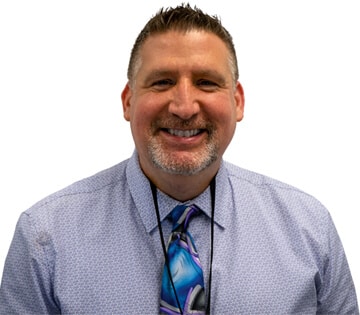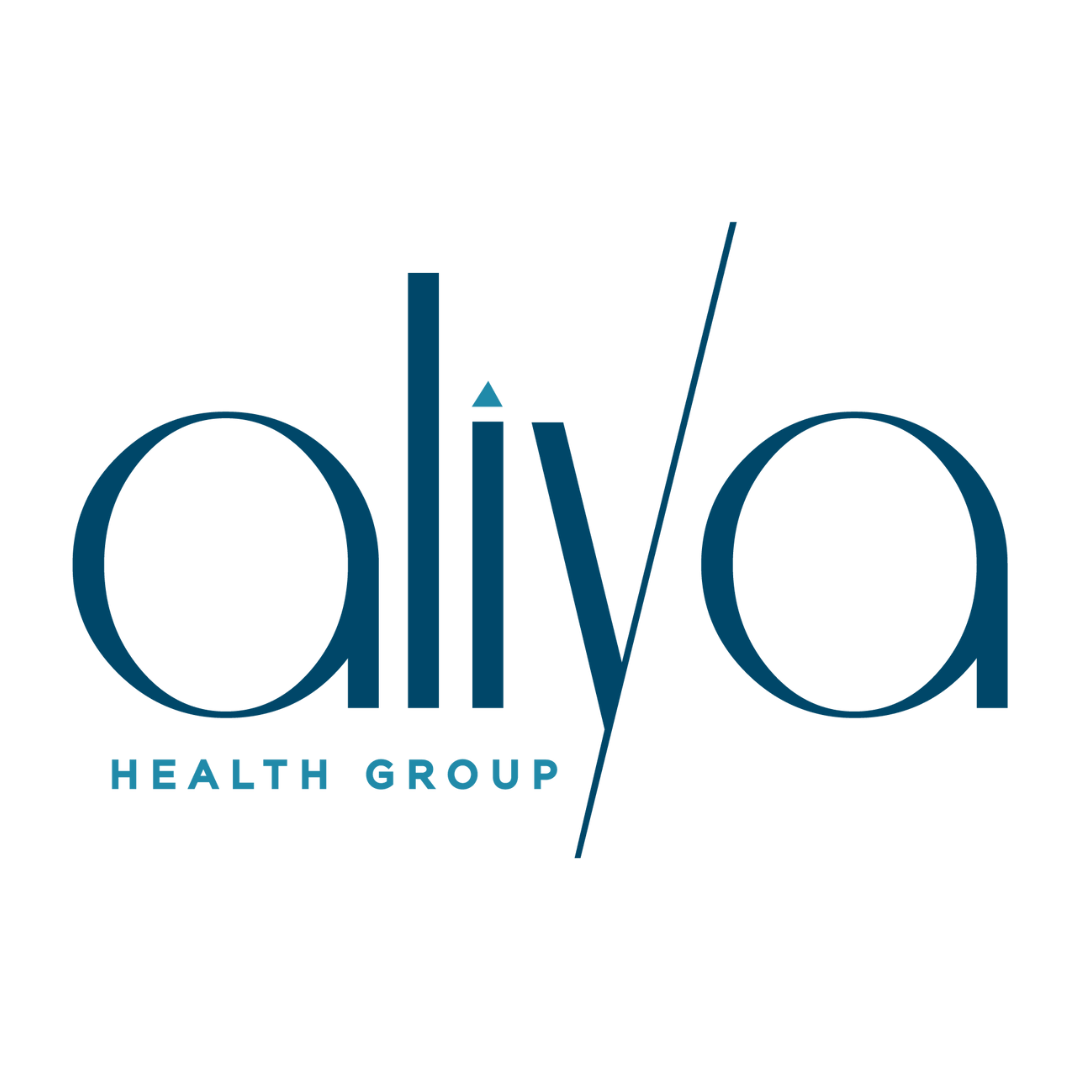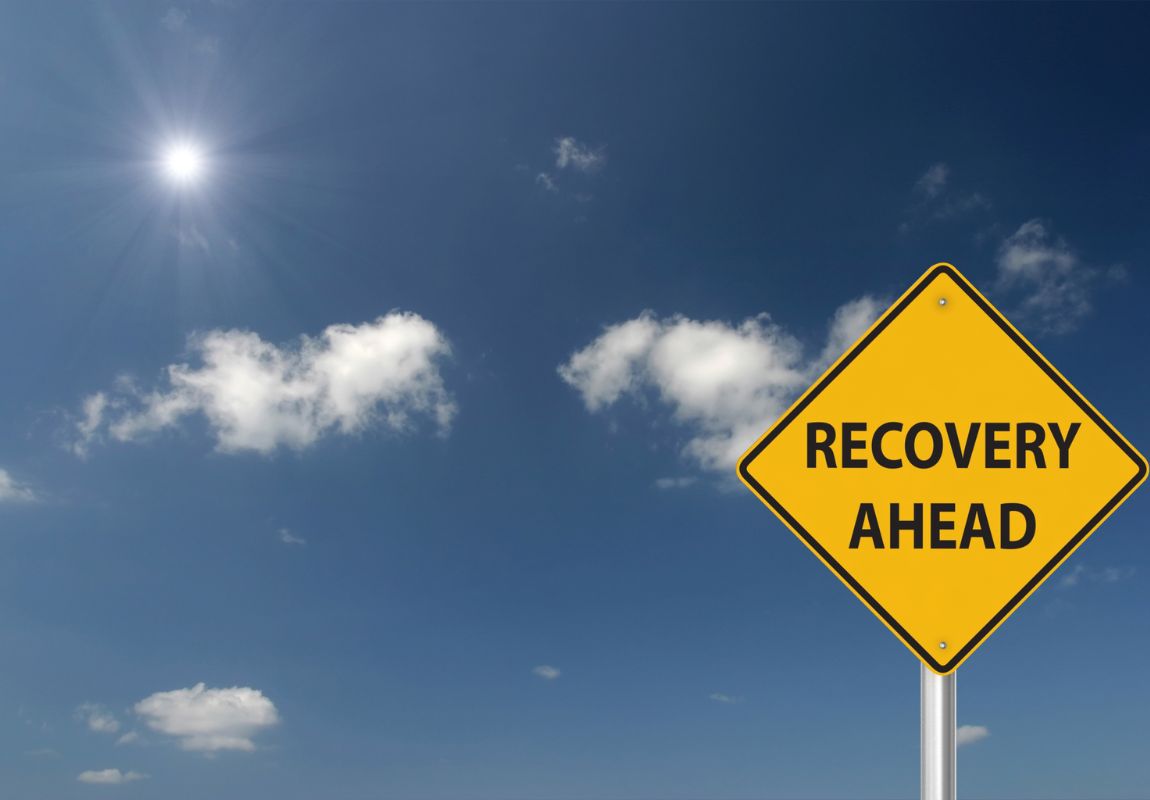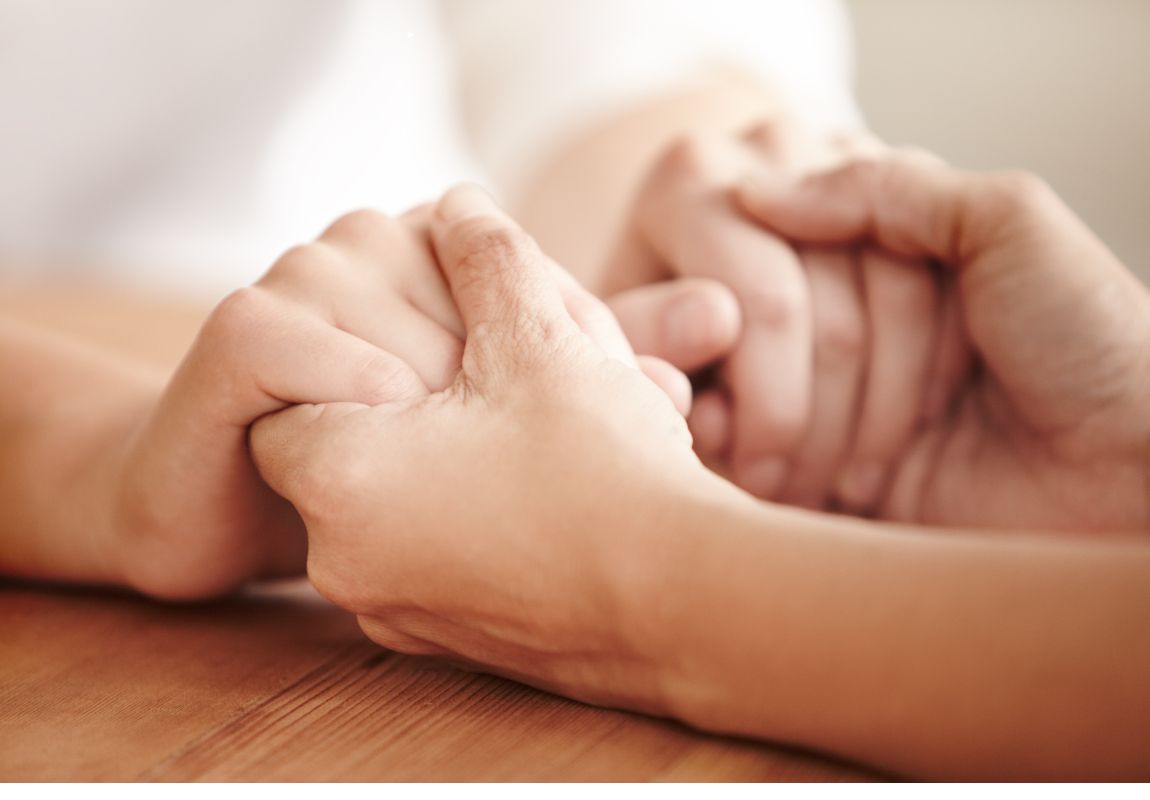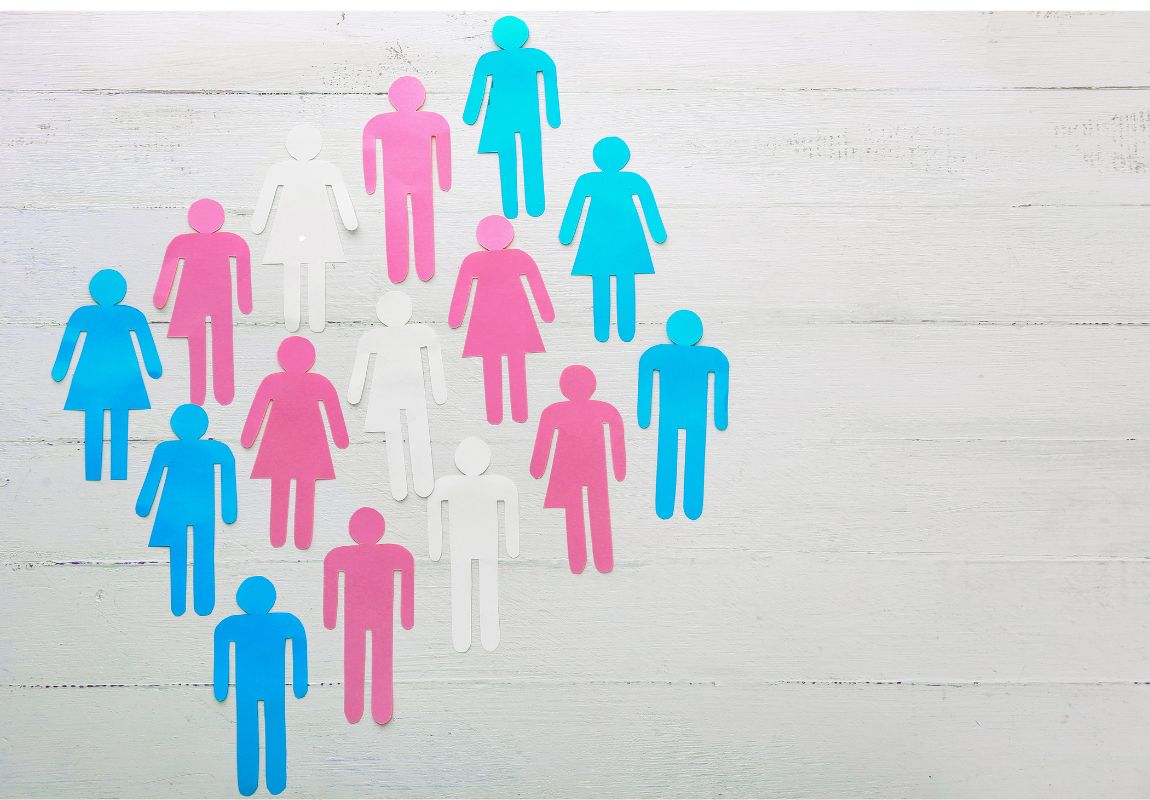Maintaining Sobriety: How to Set Relapse Prevention Goals
One of the most crucial aspects of the journey to recovery from addiction is maintaining sobriety over the long term. This process involves setting relapse prevention goals, which act as a roadmap for staying on track. What should go into your relapse prevention plan, and what can you do to ensure you’re meeting your goals along the way? This guide can help.
What Happens After Addiction Treatment?
Finishing addiction treatment is like reaching the starting line of a race — the real journey begins from there. Sobriety is an ongoing process that needs continuous care and attention. Relapse — or a return to substance use after an attempt to stop — is a common stumbling block during the recovery process. For some people coming out of rehab, aftercare programs and sober living environments are invaluable.
The support and guidance provided as part of aftercare programs make it easier for individuals to transition back into their daily lives. From counseling sessions to group meetings and job assistance, the available resources become a safety net.
Sober living homes provide a structured environment where individuals can live with others who are also committed to staying sober. These homes offer a supportive community and accountability, helping residents stay on track with their recovery goals.
Another important person in the recovery process is the case manager. A case manager is like a trusted guide on your journey to recovery from addiction. They’re there to support you every step of the way, helping you navigate the complexities of post-rehab life. Case managers provide:
- Support and Guidance: Your case manager is there to offer emotional support and practical guidance as you transition from rehab back into your daily life. They understand the challenges you may face and are ready to help you overcome them with relapse-prevention coping skills.
- Resource Connection: Need help finding housing, employment, or healthcare services? Your case manager can connect you with resources in your community to meet your needs. Whether it’s finding a job or accessing mental health support, they’re there to help.
- Advocacy: If you encounter barriers or challenges in accessing necessary services or support, your case manager can advocate on your behalf. They’ll work to ensure that you receive the care and assistance you need to maintain your sobriety and rebuild your life.
- Goal Setting: Together, you and your case manager will set realistic goals for your recovery journey. Whether it’s staying sober for a certain period, completing education or vocational training, or improving relationships with family members, your case manager will help you develop a plan to achieve your goals.
- Monitoring Progress: Your case manager will regularly check in with you to monitor your progress and adjust your plan as needed. They’ll celebrate your successes and offer support for how to prevent relapse and encouragement during difficult times.
With a wealth of resources available and someone advocating for you, it’s much easier to achieve sober goals.
Why Is It Important to Maintain Sobriety After Rehab?
Completing a rehab program can provide a feeling of accomplishment. At the same time, transitioning to “normal” life after treatment can be challenging. It’s easy to lose sight of the reasons you decided to get help and remember all the benefits of maintaining the sobriety you achieved. By sticking with sobriety, you’re likely to see:
- Improved physical and emotional well-being
- Better self-image
- Better relationships
- Improved finances
- More productivity
- More fulfilling life
You’re giving yourself the chance to live a healthier, happier life without the negative effects of addiction causing problems.
Get confidential help from our addiction and mental health treatment facilities located across the United States. Call to join one of our quality programs today!
Speak With Our Admissions TeamHow to Prevent Relapse: Make a Plan
The best way to maintain your sobriety is to have a relapse prevention plan in place. It’s your game plan for staying sober and avoiding triggers and tempting situations that could lead you back to old habits. Without relapse prevention goals, you’re navigating through a maze blindfolded and more likely to get lost and stumble into trouble. Your relapse prevention plan is your toolbox, filled with strategies, activities, and coping skills to help you deal with cravings, stress, and other triggers that could trip you up along the way.
Relapse Prevention Plan Activities
What kinds of activities can go into a relapse prevention plan? There are a variety of activities that can be tailored to your needs and circumstances. Some activities may include:
- Identifying Triggers: Recognizing situations, emotions, or thoughts that may trigger cravings or urges to use substances.
- Developing Coping Skills: Learning healthy ways to cope with stress, anxiety, and other emotions without resorting to substance use.
- Building a Support Network: Surrounding oneself with supportive friends, family members, and peers who understand the challenges of recovery.
- Engaging in Healthy Activities: Participating in activities that promote physical, emotional, and mental well-being, such as exercise, hobbies, and relaxation techniques.
- Attending Therapy or Support Groups: Seeking professional help or attending support group meetings to gain insight, guidance, and encouragement from others in recovery.
Looking for quality treatment for substance abuse and mental health that’s also affordable? Aliya Health Group's treatment facilities accept most major insurance providers. Get a free insurance benefits check now!
Check Your CoverageRelapse Prevention Plan Example
Let’s take a look at a relapse prevention plan template in action, which you can use and adjust for yourself.
- Identifying Triggers
First things first, pinpoint those tricky situations or feelings that tend to make you crave drugs or alcohol. Maybe it’s stress from work, hanging out with certain friends, or even just feeling bored. Whatever it is, we’re going to figure it out and come up with a game plan for dealing with it.
- Developing Coping Skills
Next up, arm yourself with some coping skills to help you handle those tough moments without turning to substances. Deep breathing, going for a walk, or calling a friend — these are all tools you can use to calm your mind and ride out the urge to use.
- Building a Support Network
Remember that you’re not in this alone in your recovery. You have a whole team of people rooting for you, from family and friends to support group members and therapists. Don’t be afraid to reach out when you need a helping hand or a friendly ear to listen.
- Engaging in Healthy Activities
Now, fill your days with activities that lift you and keep you busy. Whether it’s hitting the gym, pursuing a hobby, or volunteering in your community, finding things you enjoy will help keep your mind off cravings and focus on the good stuff in life.
- Attending Therapy or Support Groups
Last but not least, make sure you keep therapy sessions and support group meetings on your calendar. They’re like your weekly check-ins with your own personal support system, offering guidance, encouragement, and a safe space to share your struggles and successes.
Relapse Prevention at Aliya Health Group
At Aliya Health Group, we know that maintaining sobriety after addiction treatment requires dedication, effort, and a proactive approach to relapse prevention. No matter what stage of recovery you are in, we can provide the services you need to address your addiction. And if relapse has become a part of your journey, we can help you get back on track.
After completing inpatient treatment, you can transition through our partial care and intensive outpatient programs to continue receiving comprehensive support to ensure the best possible results. Following aftercare, you can also participate in our customizable outpatient treatment programs for ongoing support and guidance.
If you or a loved one are interested in our addiction treatment centers, reach out to us today for more information.
- How Common is PTSD in Veterans? – PTSD: National Center for PTSD (va.gov)
- Substance use disorders in military veterans: prevalence and treatment challenges – PMC (nih.gov)
- PTSD and Problems with Alcohol Use – PTSD: National Center for PTSD (va.gov)
- PTSD and Substance Abuse in Veterans – PTSD: National Center for PTSD (va.gov)
- About VA Disability Ratings | Veterans Affairs


